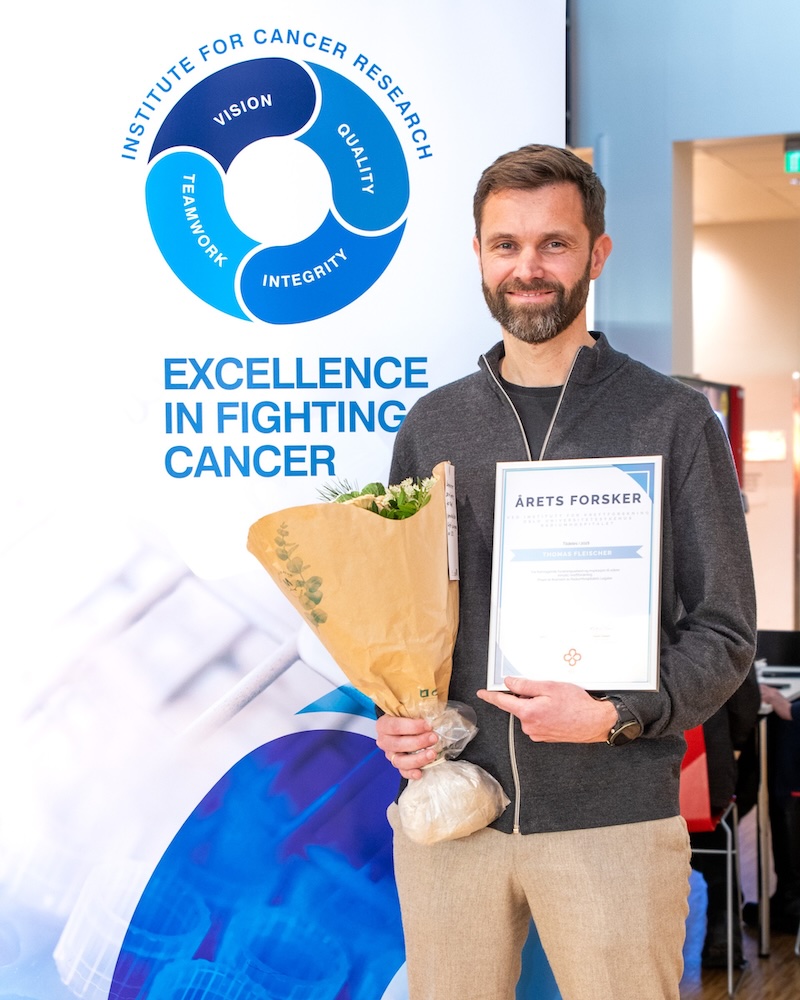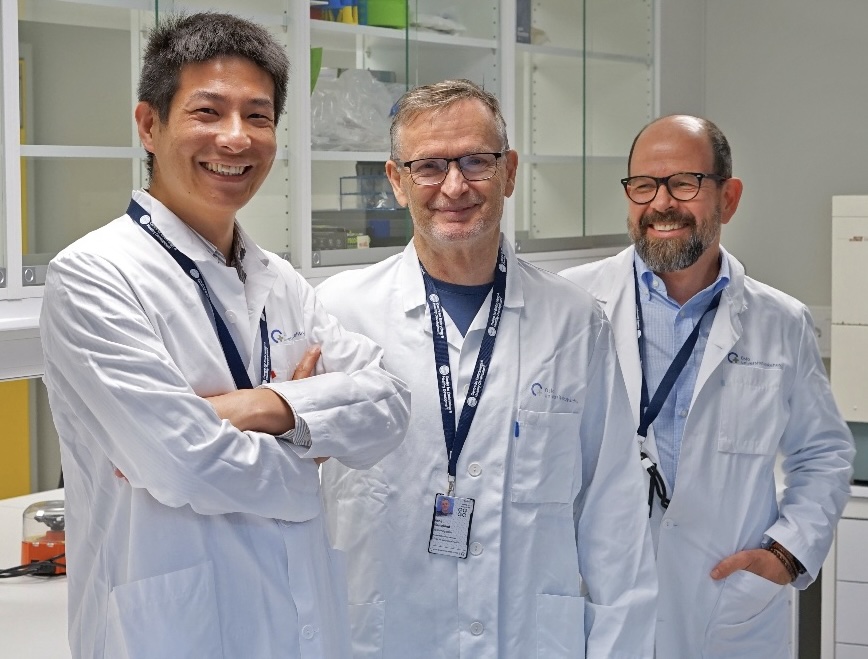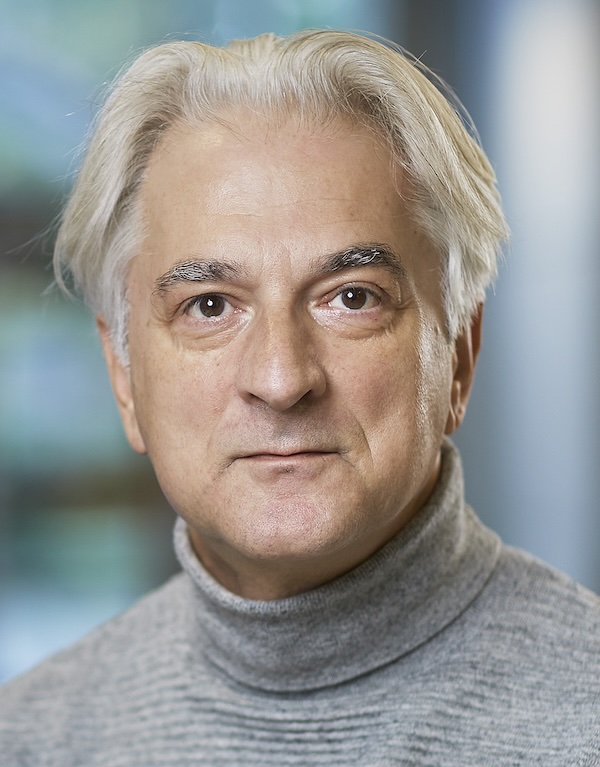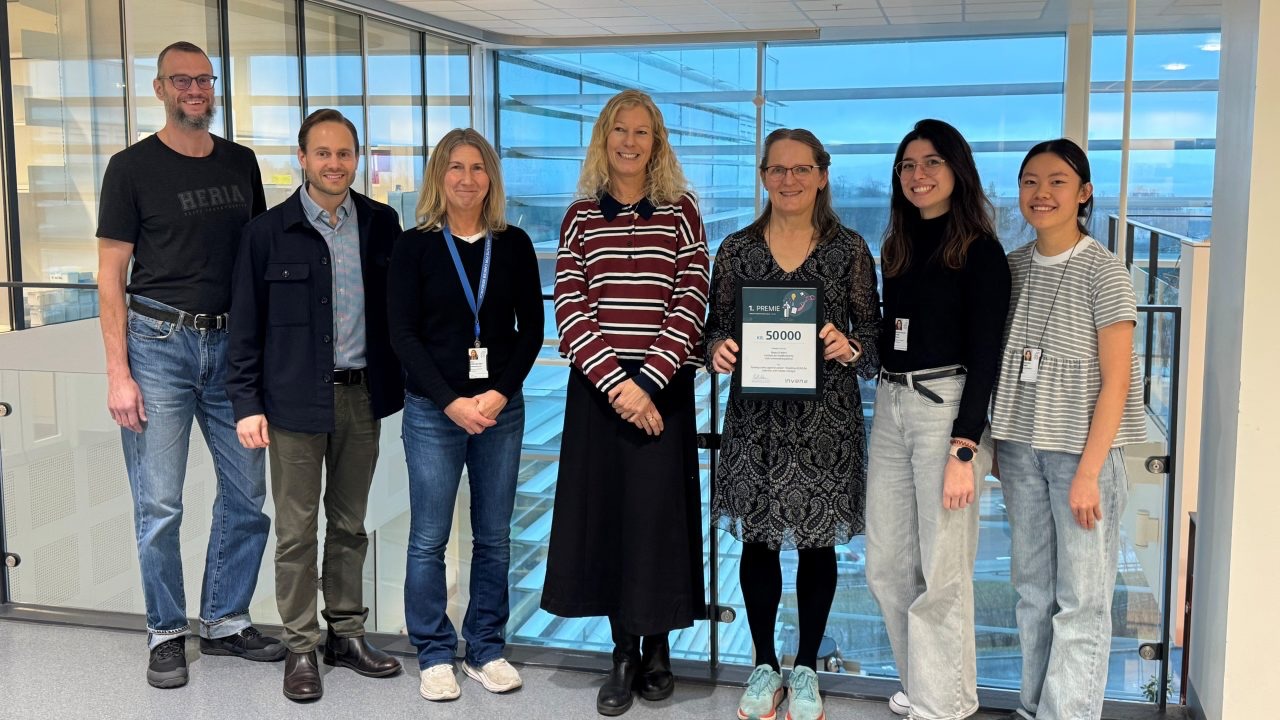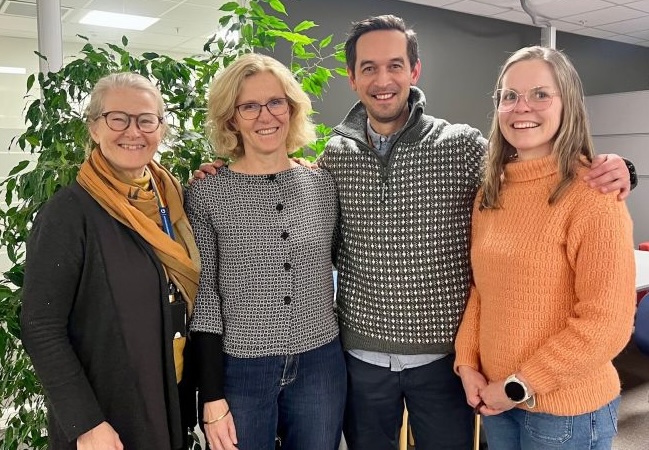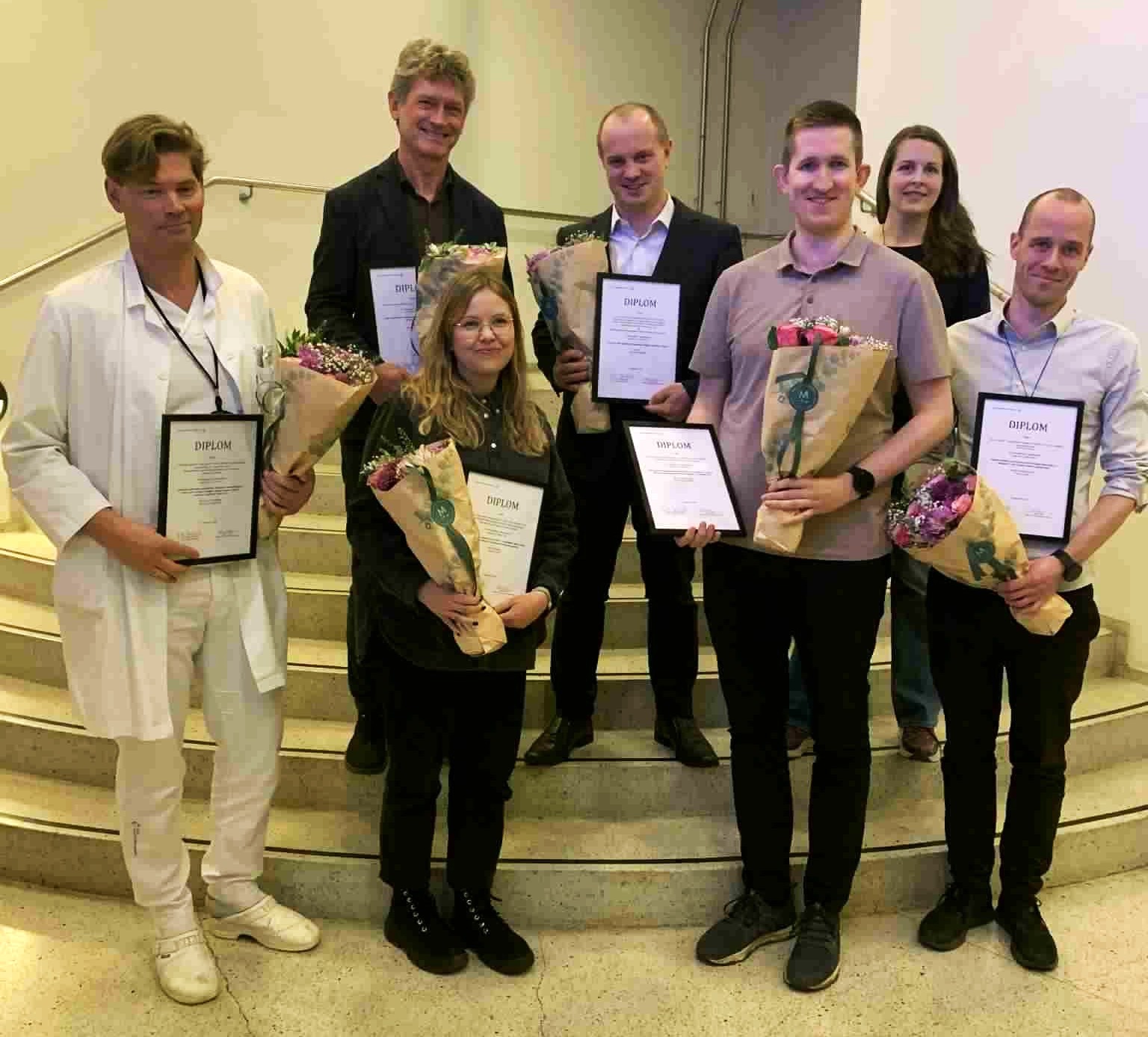Research at Oslo University Hospital
Latest publications from major journals, first or last author from OUH:
Optimizing lenalidomide therapy in renal impairment: analysis of renal response in the prospective REMNANT study in transplant-eligible newly diagnosed multiple myeloma
Blood Cancer J, 15 (1), 214
DOI 10.1038/s41408-025-01407-5, PubMed 41429779
The 'Ten Commandments' for the 2025 ESC Guidelines on Cardiovascular Disease and Pregnancy
Eur Heart J (in press)
DOI 10.1093/eurheartj/ehaf862, PubMed 41413672
Major waves of H2A.Z incorporation during mouse oogenesis and preimplantation embryo development
Nat Commun (in press)
DOI 10.1038/s41467-025-66919-x, PubMed 41331258
Addressing Colonoscopy Burden due to Artificial Intelligence Devices for Polyp Detection
Gastroenterology (in press)
DOI 10.1053/j.gastro.2025.08.019, PubMed 41329113
JASPAR 2026: expansion of transcription factor binding profiles and integration of deep learning models
Nucleic Acids Res (in press)
DOI 10.1093/nar/gkaf1209, PubMed 41325984
Potential role of repeated Valsalva manoeuvres in atrial fibrillation risk among elite rowers
Eur Heart J (in press)
DOI 10.1093/eurheartj/ehaf969, PubMed 41313005
More selected publications


